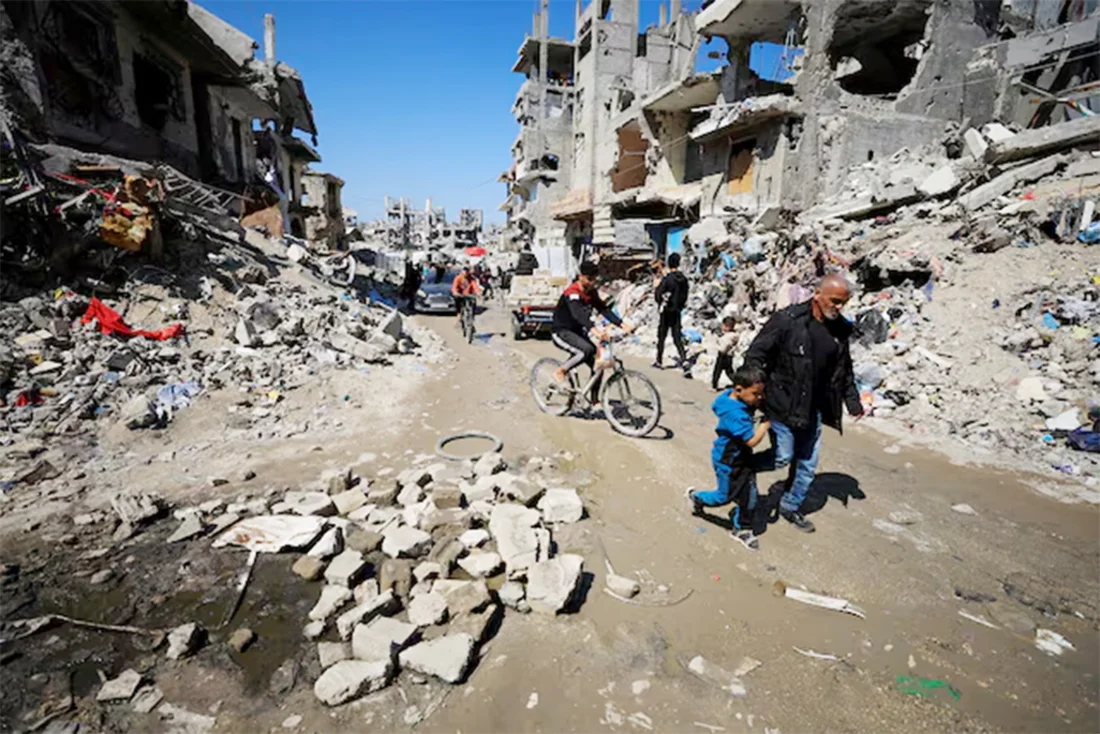Featured
article
- Get link
- X
- Other Apps
Controversial Proposal: U.S. and Israel Eye Africa for Palestinian Resettlement
The United States and Israel have reportedly approached East African nations, including Sudan, Somalia, and Somaliland, to discuss the possibility of resettling Palestinians displaced from Gaza. This initiative is part of a broader postwar plan proposed by U.S. President Donald Trump, which envisions the permanent relocation of Gaza's over two million residents. The plan has sparked widespread condemnation, with critics raising legal and moral concerns.
While Israeli Prime Minister Benjamin Netanyahu has praised the proposal as a "bold vision," Palestinians and Arab nations have rejected it outright. Many view the plan as forced displacement disguised as voluntary migration, a move that could potentially constitute a war crime. Human rights groups and international observers have also expressed alarm, emphasizing the ethical implications of pressuring an entire population to leave their homeland.
The targeted African nations face their own challenges, including economic instability and ongoing conflicts, casting doubt on their suitability as resettlement destinations. Sudanese officials have already rejected the proposal, while Somali and Somaliland representatives have denied any formal discussions on the matter.
As the debate continues, the proposal underscores the complexities of addressing the humanitarian crisis in Gaza while navigating geopolitical interests and ethical considerations. The international community remains divided on the path forward, with alternative reconstruction plans being proposed to keep Palestinians in their homeland.
Popular Posts
Trump's Six Words: "I'm Going to Stop the Wars"
- Get link
- X
- Other Apps
Smart Savings for a Sharp School Start: Canadian Parents’ 2025 Guide
- Get link
- X
- Other Apps




Comments
Post a Comment